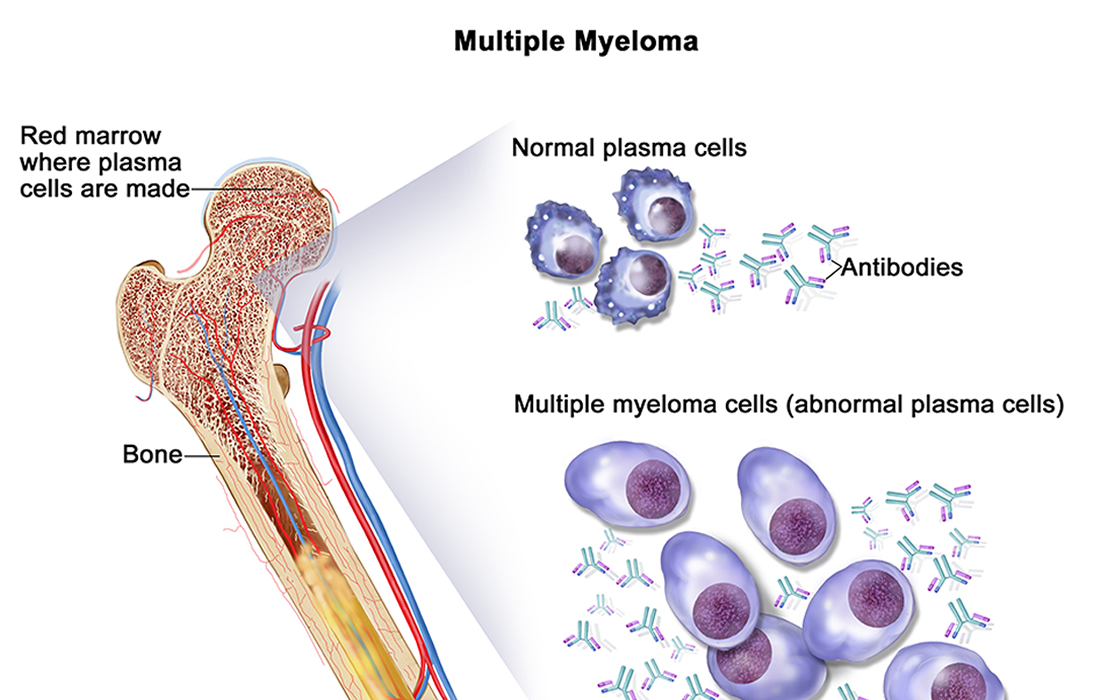Achieving greater longevity should be understood not only as the maximum possible length of human life, but it also indicates a higher quality of life in terms of good health. Healthy ageing, as proposed by the WHO in 2015 is defined as “the process of developing and maintaining the functional capacity that enables well-being in […]
Category Archives: Regenerative Medicine News and General Information
Ebola virus disease (EVD), formerly known as Ebola haemorrhagic fever, is a severe, often fatal illness affecting humans and other primates. The virus is transmitted to people from wild animals (such as fruit bats, porcupines and non-human primates) and then spreads in the human population through direct contact with the blood, secretions, organs or other […]
Antibiotics can be a double-edged sword, they are essential to curing bacterial infections but their use also promotes the appearance and proliferation of antibiotic-resistant bacteria. In a recently published study, researchers from the Technion-Israel Institute of Technology used genomic sequencing techniques and machine learning analysis of patient records to develop an antibiotic prescribing algorithm that […]
Alcohol consumption is one of the leading contributors to the global burden of disease and to high healthcare and economic costs. Alcohol use disorder (AUD) is one of the most prevalent mental health conditions worldwide, with harmful effects on physical, cognitive, and social functioning. Chronic excessive alcohol consumption is associated with direct and indirect adverse […]
There is not much research about the effect of education or other indicators of cognitive reserve on the rate of reversion from mild cognitive impairment (MCI) to normal cognition. In a recently published study, researchers at the University of Waterloo found that people with mild cognitive impairment may not inevitably develop dementia and, in fact, […]
Physical inactivity is a global public health problem. Several national and international physical activity guidelines recommend regular muscle-strengthening activities for adults. For example, the recent WHO guidelines recommend that adults should perform muscle-strengthening activities ≥2 days/week. Doing these types of exercises increases or preserves skeletal muscle strength, which has shown to be inversely associated with […]
A new antiinflammatory candidate drug, known as 3,6′-dithiopomalidomide (DP), designed by researchers at the National Institute on Aging (NIA), protected lab mice against cognitive decline by reducing brain inflammation. The research team from the National Institute of Health published their findings in the Alzheimer’s and Dementia: The Journal of the Alzheimer’s Association. AD is the […]
“Ketogenic” is a term for a low-carb diet (like the Atkins diet). The idea is for you to get more calories from protein and fat and less from carbohydrates. You cut back most on the carbs that are easy to digest, like sugar, soda, pastries, and white bread. When you eat less than 50 grams […]
Multiple myeloma is a cancer that forms in a type of white blood cell called a plasma cell. Healthy plasma cells help you fight infections by making antibodies that recognize and attack germs. In multiple myeloma, cancerous plasma cells accumulate in the bone marrow and crowd out healthy blood cells. Rather than produce helpful antibodies, […]
Colorectal Cancer Overall, the lifetime risk of developing colorectal cancer (CRC) is: about 1 in 23 (4.3%) for men and 1 in 25 (4.0%) for women. A number of other factors (described in Colorectal Cancer Risk Factors) can also affect your risk for developing colorectal cancer. In the United States colorectal cancer is the third […]










